The article ‘Cultural Exchange: The Experience of Russian Women Living in Turkey’ explores the multifaceted experiences of Russian women as they navigate life in Turkey. From the initial challenges of settling in a new country to the complexities of cultural integration and maintaining their identity, this article delves into how these women adapt, integrate, and influence their new environment while preserving their cultural heritage.
Key Takeaways
- Russian women face significant initial challenges such as language barriers and finding accommodation, which are pivotal for their integration.
- Cultural integration involves a dual process of adapting to Turkish culture while maintaining Russian identity, often facilitated by community and social connections.
- Professional opportunities vary, with some women starting businesses and engaging in networking to overcome job market barriers.
- Family dynamics and raising bicultural children present unique challenges and opportunities for cultural exchange and adaptation.
- Despite challenges, many Russian women find personal and professional fulfillment in Turkey, contributing to and enriching both Russian and Turkish communities.
Getting Settled: The Initial Challenges

Language barriers
Navigating through a new language can be quite the hurdle. Many Russian women find themselves struggling with Turkish, which significantly affects their ability to communicate effectively in everyday situations. Mastering the language is often seen as the first step towards feeling at home in Turkey.
Finding accommodation
The quest for a suitable living space can be daunting. Issues range from high rental costs to finding a location that balances proximity to work and social amenities. Some have reported experiences of indifference or even hostility from landlords, making the process even more challenging.
Understanding local customs
Adjusting to the local customs and societal norms in Turkey can lead to cultural mishaps. It’s crucial for newcomers to learn about and respect these traditions to integrate smoothly. This understanding helps in building relationships and avoiding potential conflicts with the locals.
Cultural Integration: Blending In or Standing Out?

Adapting to Turkish culture
For Russian women, adapting to Turkish culture involves learning to navigate a complex blend of traditions and modern influences. Boldly embracing local customs can lead to a smoother integration, but it also requires an open mind and a willingness to step outside one’s comfort zone. For instance, understanding the significance of religious practices and holidays can enhance mutual respect and acceptance in the community.
Maintaining Russian identity
While blending into Turkish society, maintaining one’s Russian identity is equally important. Many women find solace and pride in keeping their cultural practices alive, whether it’s through cooking traditional Russian dishes or celebrating Russian holidays with fellow expatriates. This dual embrace of cultures enriches their lives and those of their children, offering a unique blend of heritage.
Community and social life
Building a new social life in Turkey can be daunting yet exciting. Russian women often gravitate towards forming communities with fellow Russians, which provides a support network. However, venturing out to form friendships with Turkish locals can lead to deeper cultural understanding and enriching experiences. Activities such as joining local clubs, participating in community events, or even dating in Ekaterinburg can open doors to new friendships and more integrated social life.
Work and Career: Opportunities and Obstacles

Job Hunting Experiences
Navigating the job market in Turkey presents unique challenges and opportunities for Russian women. Many find themselves exploring sectors like tourism, entertainment, and textiles, where their skills are in high demand. The flexibility and resilience required to adapt to different job environments are commendable.
Starting Businesses
Entrepreneurship is a popular route for many Russian women in Turkey. With a strong sense of community and social capital, they often succeed in creating new economic opportunities. This entrepreneurial spirit is supported by the fact that 21 percent of Russian respondents are employers, and 12.5 percent are self-employed.
Professional Networking
Building a professional network is crucial for career advancement in Turkey. Russian women often leverage their community to fill vacancies in the Turkish labor market. The power of networking cannot be underestimated, especially when it comes to overcoming legal obstacles and finding niche opportunities in a foreign country.
Family Dynamics: Between Two Cultures

Raising bicultural children
Raising bicultural children in a Turkish-Russian household presents unique challenges and opportunities. Parents often strive to instill a sense of pride in both heritages, which can involve celebrating traditional holidays from both cultures, learning both languages, and engaging in cultural practices. It’s crucial for children to feel connected to both sides of their identity, fostering a richer, more inclusive worldview.
Marriage dynamics
Navigating marriage between different cultures can be complex but rewarding. Issues such as communication styles, religious practices, and expectations around roles within the household can vary significantly. Many couples find that open and honest communication is the key to bridging these gaps. For instance, understanding and respecting each other’s cultural background plays a crucial role in harmonizing the relationship, especially when it comes to dating girls from Russia or adjusting to Turkish social norms.
Extended family interactions
Interactions with extended family can either strengthen the cultural bridge or serve as a point of tension. It’s common for Russian women in Turkey to experience a mix of acceptance and resistance from Turkish relatives. Strategies to enhance mutual understanding include involving family members in cultural celebrations and openly discussing cultural differences and similarities. This approach not only enriches the family’s cultural tapestry but also deepens mutual respect and affection among its members.
Social Connections: Building New Networks

Making friends in a new country
Starting a new life in Turkey, Russian women often find that making friends can be a challenge but also a rewarding journey. It’s all about stepping out of your comfort zone, accepting invitations, and being open to new experiences. Many have shared stories of forming deep connections with people from diverse backgrounds, which enrich their lives and help them feel more at home.
Russian communities in Turkey
There’s a significant presence of Russian communities across Turkey, providing a comforting sense of familiarity and support. These communities are crucial in helping new arrivals navigate the complexities of a new environment. They organize events, cultural programs, and provide a platform for networking and support, which is essential for those feeling homesick or overwhelmed.
Interactions with Turkish locals
Interacting with Turkish locals opens up opportunities to deeply understand and appreciate the local culture. Many Russian women highlight the warmth and hospitality of Turkish people, which helps bridge the cultural gap. Engaging in local activities and community events is a great way to integrate and form lasting bonds. This interaction not only enriches their social lives but also aids in their cultural integration process.
Daily Life and Leisure: Embracing the Turkish Lifestyle

Cuisine and Food Experiences
Turkish cuisine is a delightful exploration for Russian women, blending familiar flavors with exotic spices and techniques. From savoring the rich, layered baklava to experimenting with kebabs and mezes, the culinary journey is both exciting and comforting. Many find the communal style of eating particularly appealing, fostering a sense of belonging and shared enjoyment.
Leisure Activities
Leisure time in Turkey can vary widely depending on personal interests. Many Russian women enjoy visiting local bazaars and cafes, engaging in outdoor activities like hiking in Turkey’s beautiful landscapes, or simply relaxing by the sea. Cultural events, such as music festivals and art exhibitions, provide a vibrant backdrop to leisure life, enriching their experience and understanding of Turkish culture.
Shopping and Fashion
Shopping in Turkey is an adventure in itself, with a range of options from bustling markets selling traditional goods to modern malls with international brands. Russian women often find joy in discovering local boutiques that offer unique pieces reflecting Turkish aesthetics. The blend of traditional and modern fashion is seen as a way to express individuality while respecting the local culture.
Education and Learning: Navigating the System

Schooling for Children
Navigating the schooling system for children in Turkey can be a daunting task for Russian women. The state-supervised system is designed to produce a skillful professional class, which means a strong emphasis on academic achievement. Here are some steps to help you get started:
- Understand the different types of schools available, from public to international schools.
- Gather necessary documentation such as residency permits and previous school records.
- Visit potential schools to inquire about language support and integration programs for your child.
Language Classes for Adults
For those looking to dive deeper into the Turkish language, numerous options are available ranging from formal courses at universities to informal community classes. Engaging regularly with these classes can accelerate your integration into Turkish society and enhance your daily interactions.
Higher Education Opportunities
Exploring higher education opportunities can be exciting. Turkey offers a variety of programs in English, especially in major cities. Whether you’re considering a degree or short courses, it’s important to check the accreditation and recognition of the qualifications in both Turkey and Russia. Researching and connecting with academic advisors or fellow Russian expatriates can provide valuable insights and support.
Challenges and Triumphs: Personal Stories of Russian Women
Overcoming adversity
The journey of Russian women in Turkey is filled with stories of resilience and determination. Many faced initial setbacks, from language barriers to cultural misunderstandings. However, their stories are testament to their strength. For instance, some women started with nothing but a suitcase and a plan to return home wealthy, but had to adapt quickly to unforeseen challenges. Their ability to overcome these hurdles is not just inspiring but a crucial part of their integration into Turkish society.
Success stories
Amidst the challenges, there are numerous tales of success and achievement. Russian women have not only adapted but thrived, starting businesses and forming vibrant communities. Their success is often celebrated within both the Russian and Turkish communities, highlighting their ability to blend the best of both cultures. This success is a beacon for newcomers, proving that with hard work and perseverance, triumph is within reach.
Cultural mishaps
Navigating a new culture is never without its humorous or perplexing moments. From language faux pas to misunderstandings about local customs, these stories provide a light-hearted relief and a reminder of the journey of adaptation. They serve as fun anecdotes in the broader narrative of Russian women carving out their lives in Turkey, showing that sometimes, you just have to laugh at the confusion and keep moving forward.
Legal and Bureaucratic Hurdles

Visa and Residency Issues
Navigating visa and residency issues is often the first major hurdle for Russian women relocating to Turkey. The process can be daunting, with a plethora of forms and frequent visits to various administrative offices. Understanding the specific requirements and staying on top of application deadlines is crucial.
Marriage and Legal Documentation
When it comes to legal documentation, especially related to marriage, the complexity increases. Differences in legal systems can cause confusion and require additional guidance or legal assistance to ensure that all documents are correctly processed and recognized.
Navigating Turkish Law
Understanding Turkish law, particularly in areas that affect daily life and long-term residency, is essential. This includes everything from property laws to regulations about starting a business. For those used to the legal environment of dating in Moscow, the Turkish legal landscape can present a significant adjustment.
Health and Wellbeing: Accessing Care

Healthcare Services
Navigating the healthcare system in a new country can be daunting, but many Russian women find the Turkish healthcare system accessible and efficient. Public hospitals offer free services to residents, including expatriates who have a residence permit. Private healthcare options are also available, providing higher comfort and shorter waiting times, albeit at a higher cost.
Mental Health Support
The importance of mental health cannot be overstated, especially when adjusting to a new environment. Access to mental health care is crucial for successful integration. Support groups and counseling services are available, but language can be a barrier. It’s essential to find services that offer assistance in Russian or English to ease communication.
Fitness and Wellness
Embracing a healthy lifestyle is vital, and thankfully, Turkey offers plenty of options. From gyms and fitness centers to yoga studios and parks, staying active is easy. Many communities also organize group activities, which can be a great way to meet people and maintain physical health.
Future Aspirations: Dreams and Realities

Long-term goals
Many Russian women in Turkey have set ambitious long-term goals that range from achieving career success to establishing stable family lives. The blend of cultures has inspired many to pursue unique paths that might not have been considered if they had stayed in Russia.
Integration into Turkish society
The desire to integrate into Turkish society varies among individuals. Some aim to fully immerse themselves in the local culture and customs, while others prefer maintaining a distinct Russian identity alongside. The balance between assimilation and maintaining one’s cultural roots is a delicate dance.
Plans to return to Russia
While some have made Turkey their permanent home, others view their stay as temporary. Plans to return to Russia are influenced by personal, professional, and familial factors. The decision is often bittersweet, as it involves leaving behind the life and connections made in Turkey.
The journey of Russian women in Turkey is marked by a continuous evaluation of their aspirations and the realities they face. This ongoing process shapes their experiences and future decisions.
Impact on Identity: How Living in Turkey Changes Perspectives

Self-perception
Living in Turkey offers a unique blend of cultural experiences that significantly alter self-perception for many Russian women. The daily interactions, the blend of Eastern and Western influences, and the vibrant social dynamics contribute to a new sense of identity. Boldly stepping into a new culture allows these women to see themselves in a different light, often feeling more independent and resilient.
Influence on children’s identities
Raising children in a bicultural environment poses its unique challenges and rewards. Russian mothers in Turkey often find themselves balancing the preservation of their heritage with the integration of Turkish culture. This dual influence shapes their children into global citizens from a young age, providing them with a rich tapestry of cultural references.
Cultural assimilation vs. preservation
The tug-of-war between assimilating into the Turkish way of life and preserving Russian customs is a common theme. Many women find themselves adapting to local customs and language while still holding on to the traditions that define their Russian identity. This balance is crucial not only for personal comfort but also for maintaining a sense of community with other Russian expatriates. Events and gatherings are often centered around traditional Russian foods and holidays, creating a sense of home away from home.
Exploring the vibrant culture and diverse landscapes of Turkey can profoundly alter one’s perspective on identity and belonging. Our article, ‘Impact on Identity: How Living in Turkey Changes Perspectives,’ delves into personal stories and expert insights that illuminate this transformative experience. For a deeper understanding and to join the conversation, visit our website and read the full article.
Wrapping Up: The Vibrant Tapestry of Russian Women in Turkey
As we conclude our exploration of the experiences of Russian women living in Turkey, it’s clear that their journey is a vibrant tapestry woven with threads of cultural exchange, adaptation, and personal growth. From navigating new social landscapes to embracing entrepreneurial opportunities, these women exemplify resilience and adaptability. Their stories not only highlight the challenges of cultural integration but also celebrate the rich, diverse contributions they make to their new home. This narrative serves as a testament to the power of cross-cultural experiences in shaping lives and fostering mutual understanding between different communities.
Frequently Asked Questions
What are the initial challenges Russian women face when moving to Turkey?
Russian women often face language barriers, difficulties in finding accommodation, and understanding local customs when they first move to Turkey.
How do Russian women maintain their identity while adapting to Turkish culture?
Russian women maintain their identity by participating in Russian communities and cultural events while also adapting to Turkish customs and social norms.
What opportunities are available for Russian women in the Turkish job market?
Russian women find opportunities in entrepreneurship, particularly in cities like Antalya, and also face challenges due to diploma equivalency and work restrictions for foreigners.
How do Russian women navigate family dynamics in Turkey?
Russian women often navigate complex family dynamics by blending Russian and Turkish cultural practices, especially in raising bicultural children and interacting with extended family.
What social networks do Russian women establish in Turkey?
Russian women often build social networks through local communities, Russian expatriate groups, and through professional networking, helping them to integrate and build new friendships.
How do Russian women engage in daily life and leisure activities in Turkey?
They often engage in exploring Turkish cuisine, participating in local leisure activities, and shopping, which helps them to embrace and enjoy the Turkish lifestyle.
What educational opportunities do Russian women pursue in Turkey?
Russian women and their families often pursue language classes, schooling for children, and sometimes higher education opportunities to better integrate and advance professionally.
How do Russian women handle legal and bureaucratic challenges in Turkey?
Russian women navigate legal and bureaucratic challenges such as visa issues, marriage documentation, and understanding Turkish law by seeking information and assistance from legal experts and community organizations.












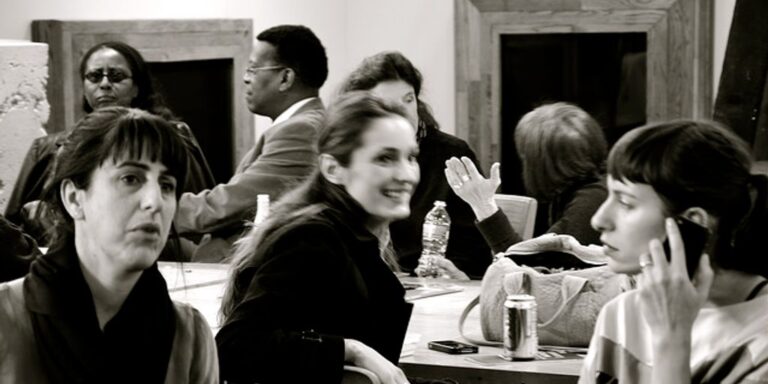
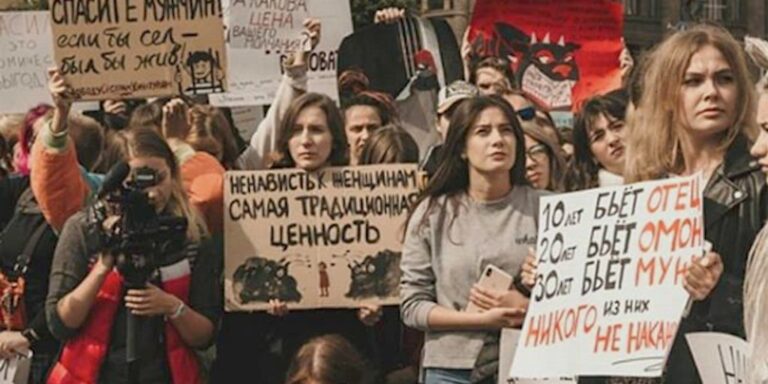

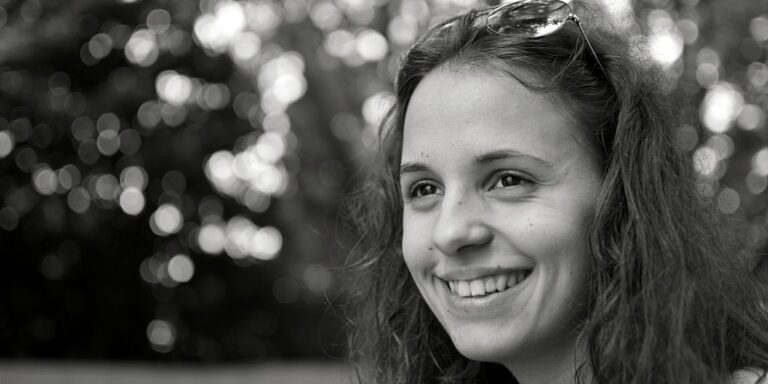
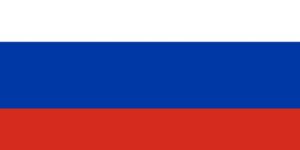



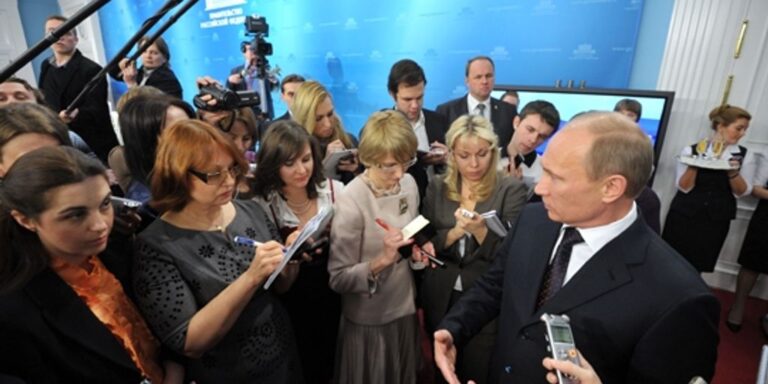
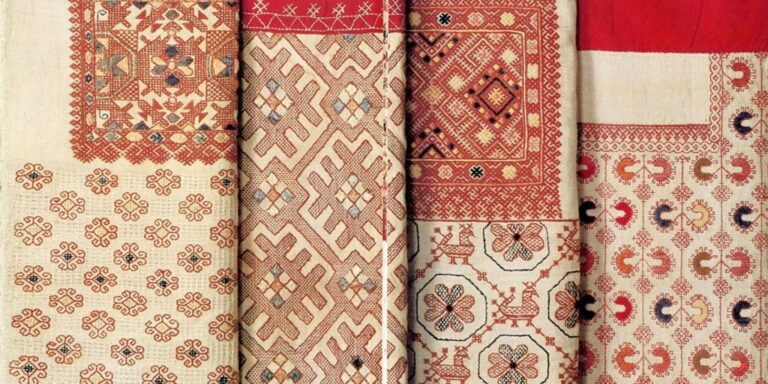
+ There are no comments
Add yours